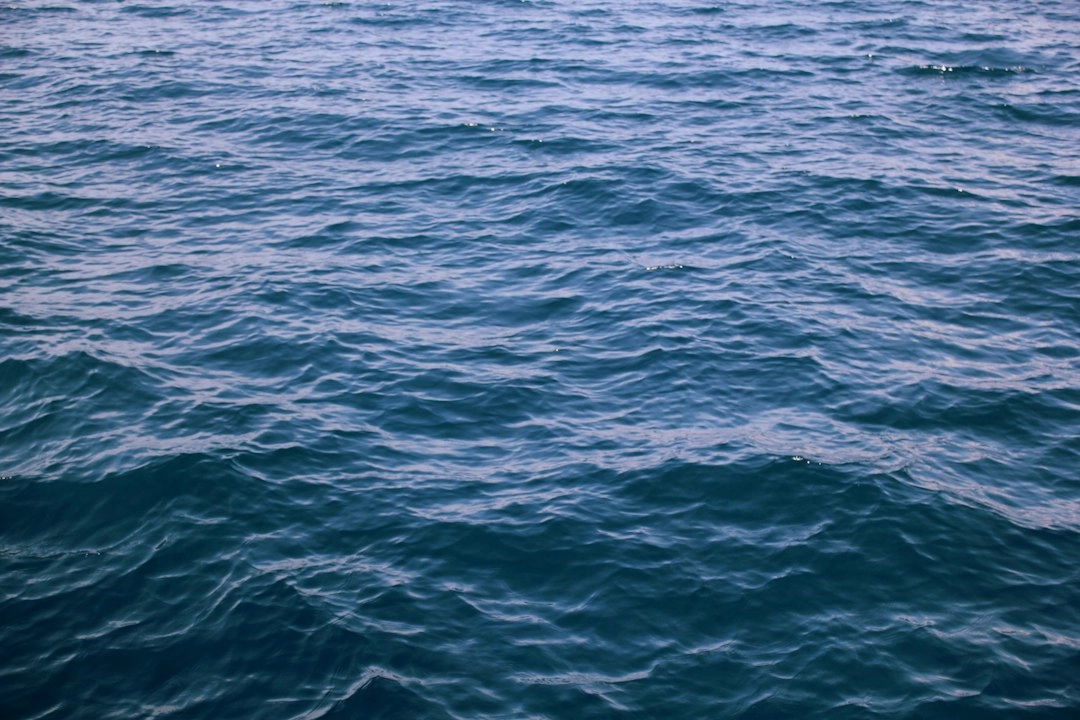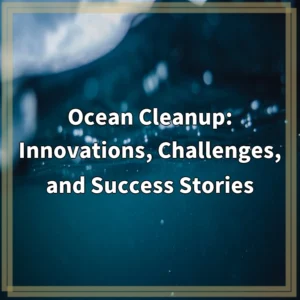What is Sustainable Living Through Water Sports?
Sustainable living through water sports refers to engaging in various water-based activities while minimizing negative environmental impacts. It involves participating in water sports in a way that promotes conservation, reduces pollution, and preserves natural ecosystems. By adopting sustainable practices, individuals can enjoy their favorite water activities while also protecting the environment.
Real-World Problems Associated with Sustainable Living Through Water Sports
While water sports can provide enjoyment and recreational opportunities, they can also contribute to several environmental challenges:
Pollution
Water sports often involve the use of equipment, such as boats, jet skis, and surfboards, which can release harmful pollutants into the water. These pollutants, including oil, fuel, and debris, can contaminate waterways, harming aquatic life and ecosystems.
Habitat Destruction
Irresponsible water sport practices, such as anchoring or dragging equipment on sensitive marine habitats like coral reefs or seagrass beds, can cause significant damage to these fragile ecosystems. Habitat destruction can lead to the loss of biodiversity and disrupt the balance of marine ecosystems.
Overfishing
Some water sports activities, such as fishing, may contribute to overfishing if not managed sustainably. Overfishing can deplete fish populations, disrupt the food chain, and impact local fishing communities and economies.
Invasive Species
Water sports, particularly recreational boating, can inadvertently introduce invasive species to new areas. Invasive species can outcompete native species, disrupt ecosystems, and degrade water quality.
Conclusion
Sustainable living through water sports is essential for preserving our waterways and natural environments. By being aware of the real-world problems associated with these activities, individuals can make informed choices and adopt practices that minimize their environmental impact. Whether it’s reducing pollution, protecting habitats, or supporting sustainable fishing practices, everyone can contribute to the conservation of our precious water resources while enjoying the thrill and beauty of water sports.

Solutions for Sustainable Living Through Water Sports
Addressing the environmental challenges associated with water sports requires implementing sustainable practices and adopting responsible behaviors:
1. Pollution Prevention
Minimize pollution by properly maintaining water sports equipment, using eco-friendly cleaning products, and avoiding the release of oil, fuel, or debris into the water. Opt for electric or low-emission watercraft whenever possible to reduce air and water pollution.
2. Responsible Anchoring and Navigation
Avoid anchoring on sensitive marine habitats like coral reefs or seagrass beds. Use designated anchor zones, mooring buoys, or alternative anchoring methods to prevent habitat destruction. Stay aware of navigation charts and markers to avoid shallow areas or fragile ecosystems.
3. Sustainable Fishing Practices
If participating in fishing activities, follow catch limits, size restrictions, and fishing season regulations. Practice catch-and-release fishing whenever possible to protect fish populations. Support sustainably-managed fisheries and buy seafood from certified sustainable sources.
4. Clean and Inspect Watercraft
To prevent the spread of invasive species, clean and inspect watercraft, including boats, kayaks, and paddleboards, before moving them between different water bodies. Remove any visible plants, animals, or debris and drain water from the equipment to avoid unintentional introductions of invasive species.
Conclusion
By adopting sustainable practices and promoting responsible behaviors, it is possible to enjoy water sports while minimizing their environmental impact. Together, these solutions can contribute to the conservation of our water resources, protect fragile marine ecosystems, and ensure the long-term sustainability of water sports for future generations to enjoy.













